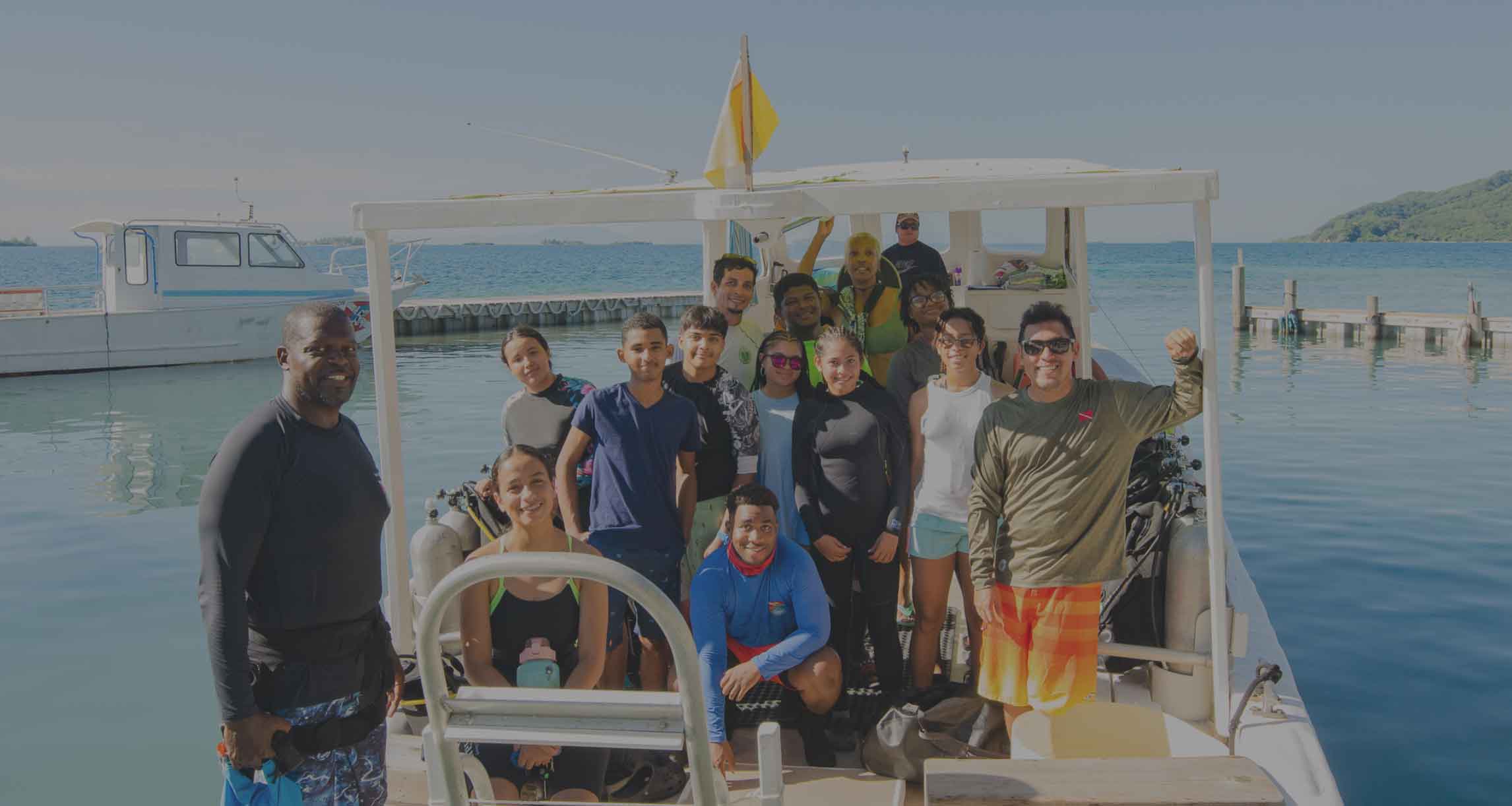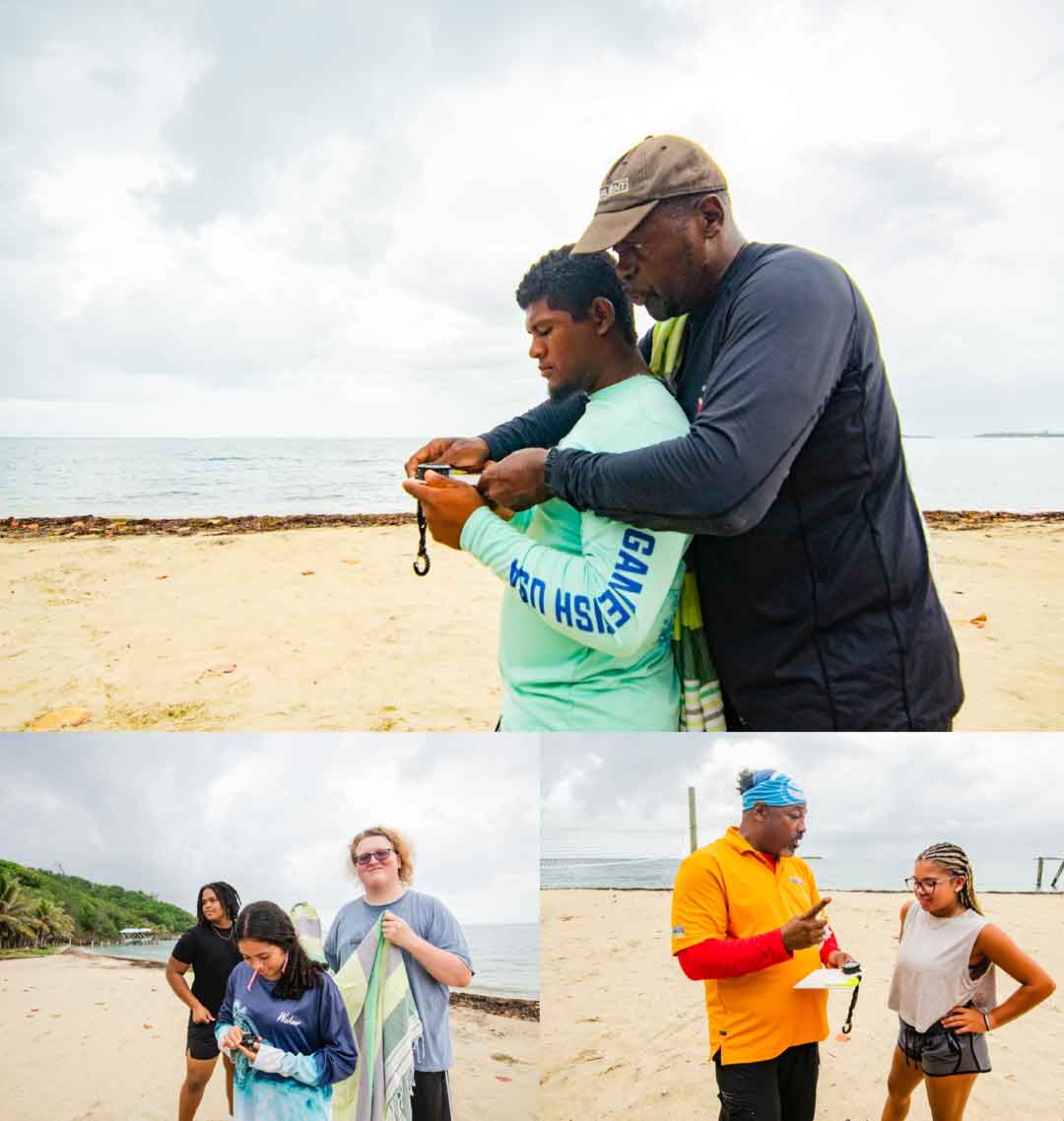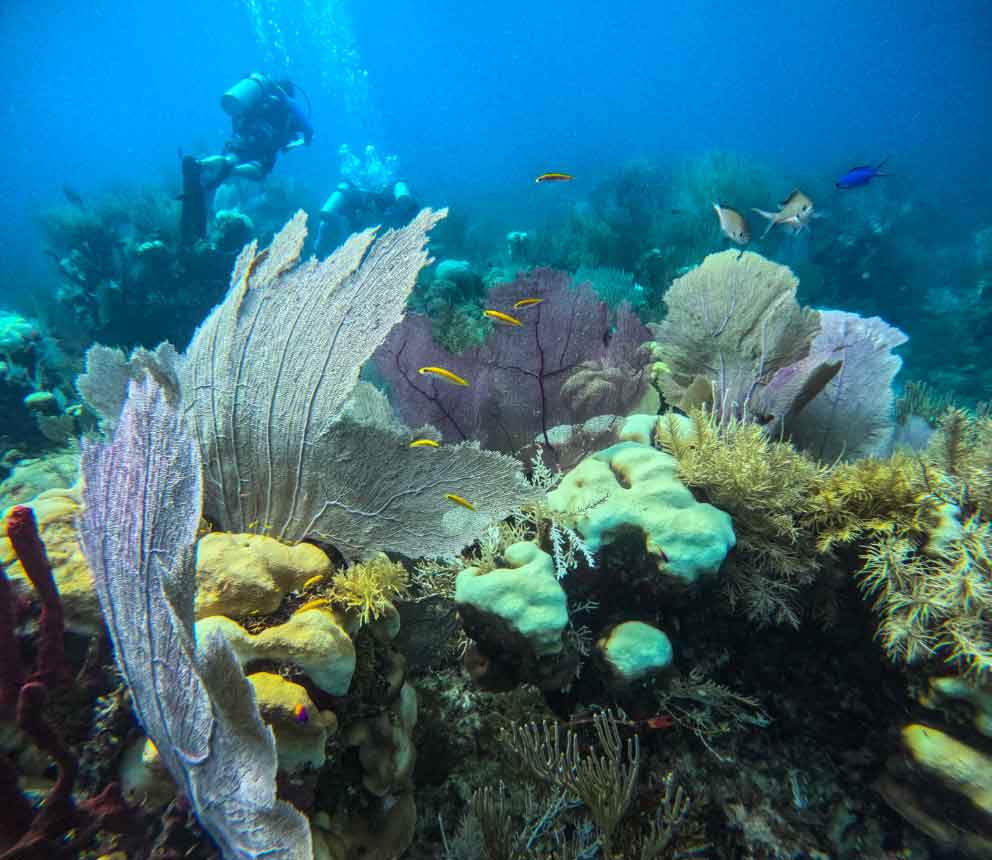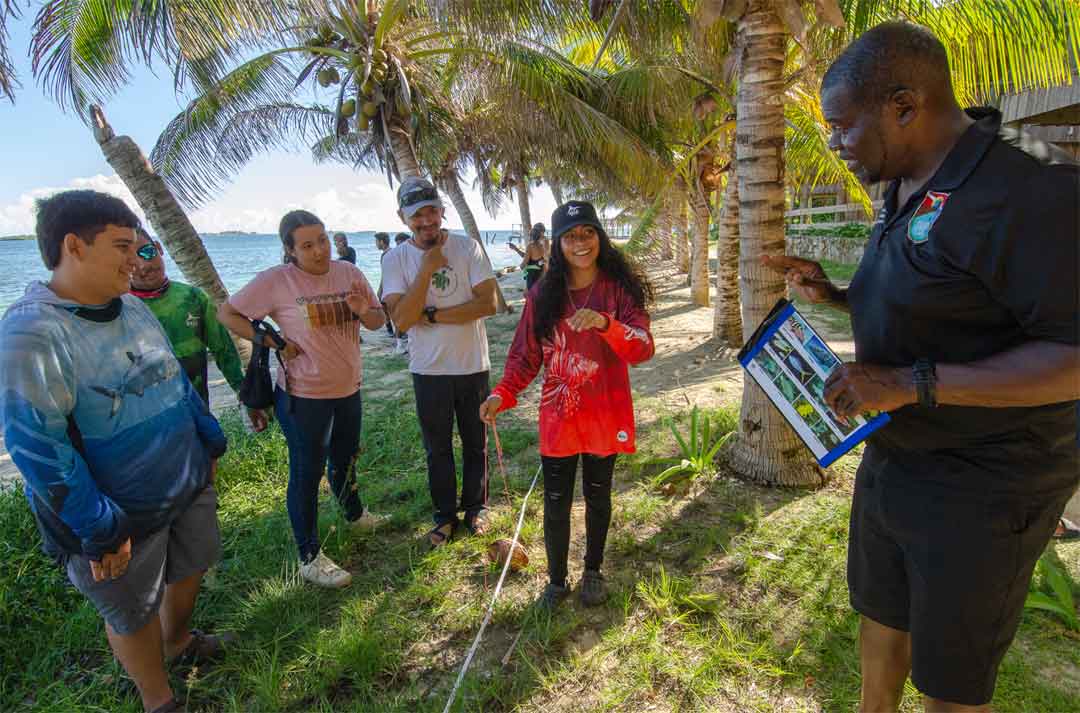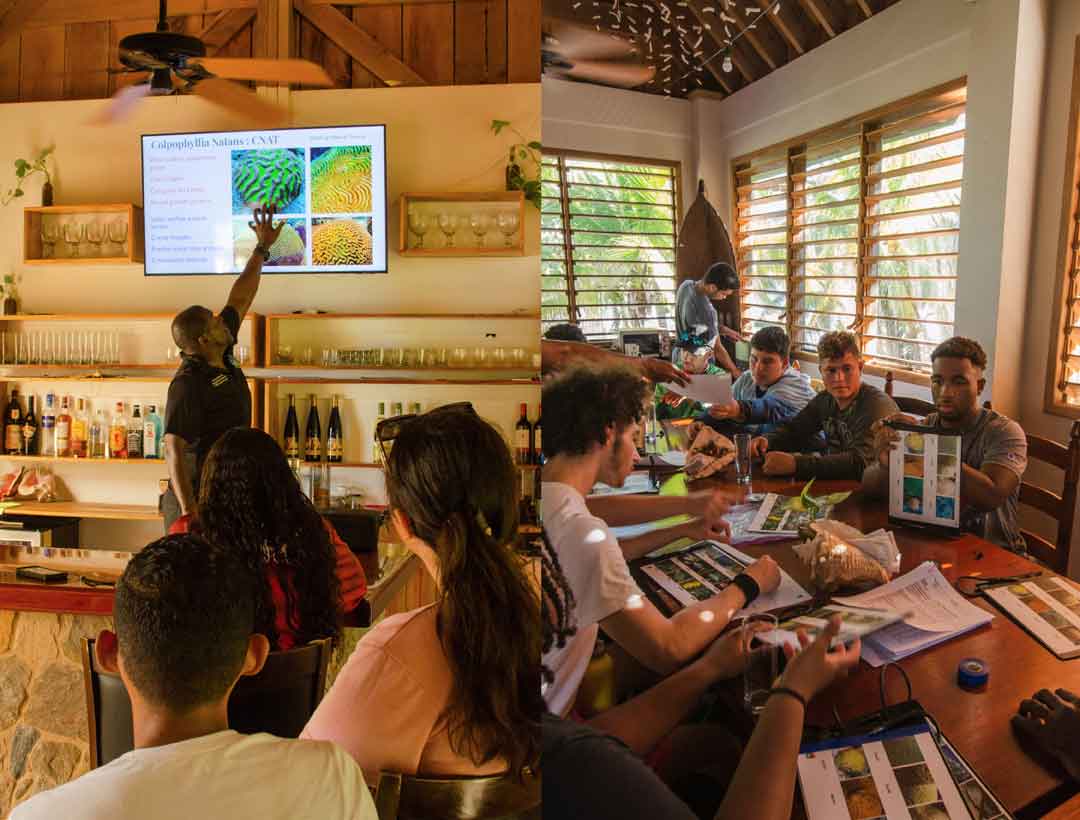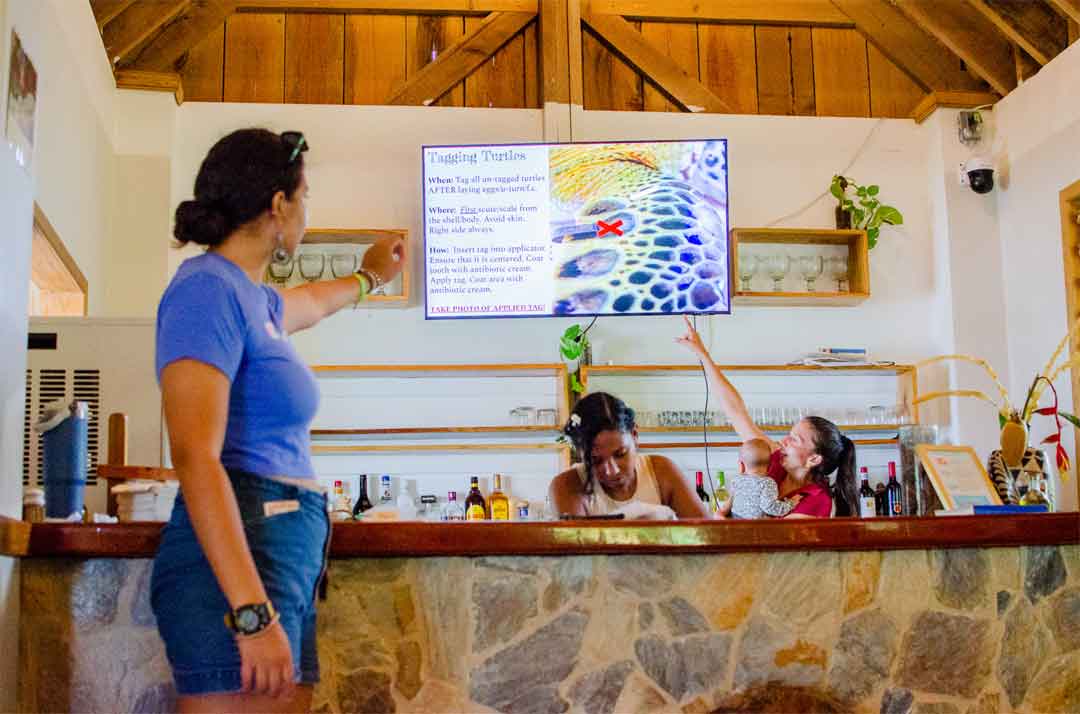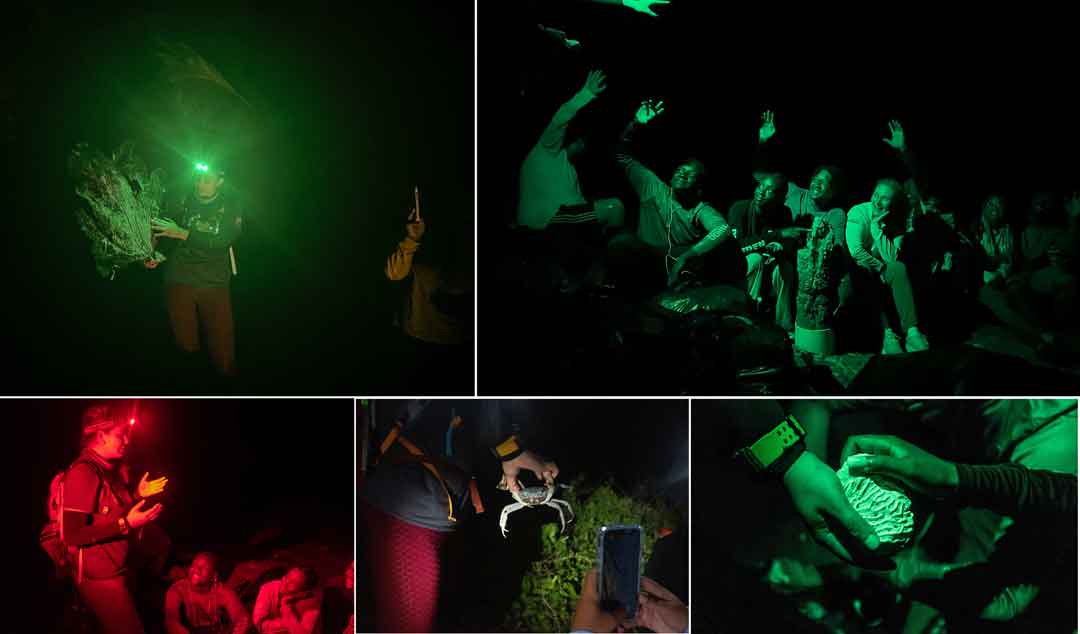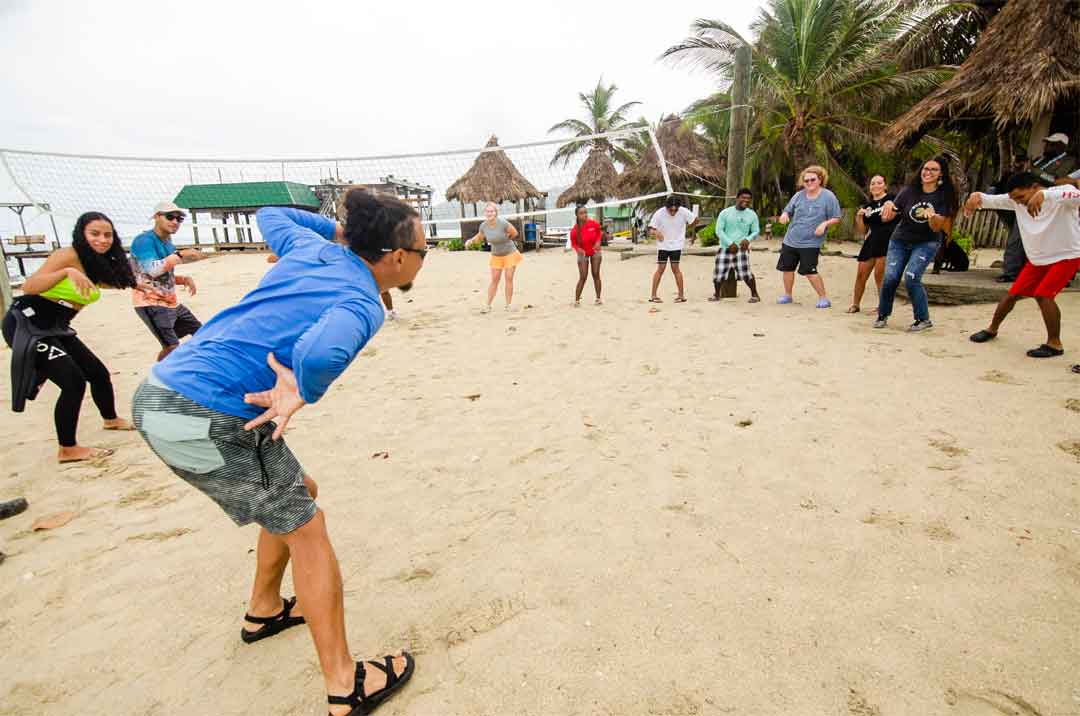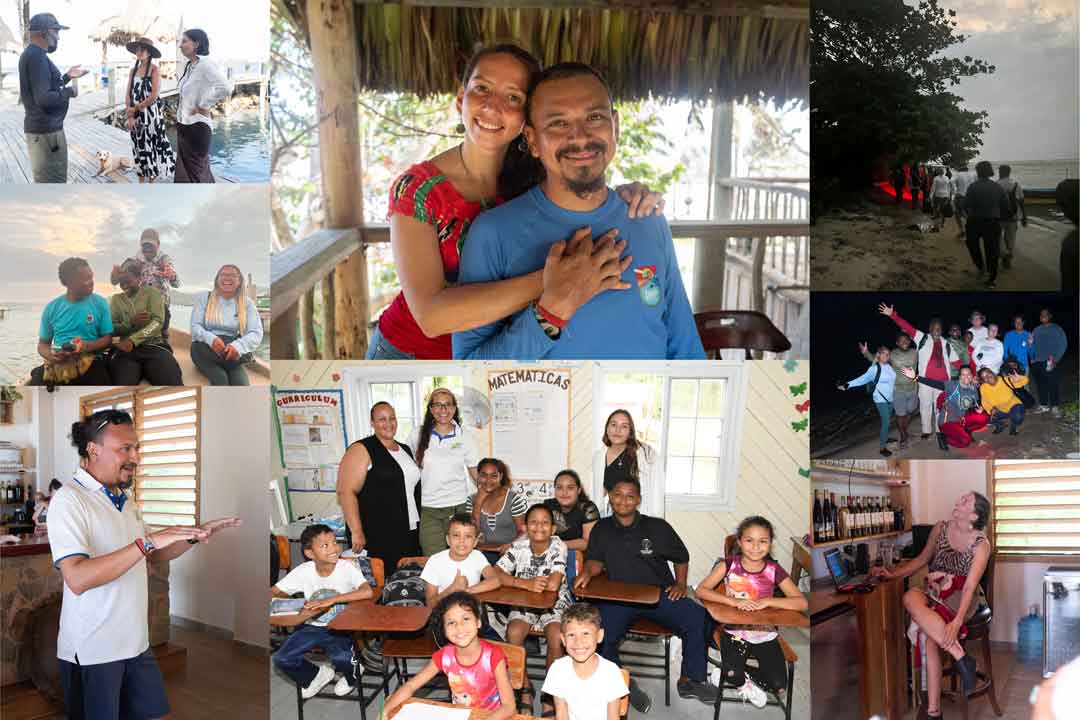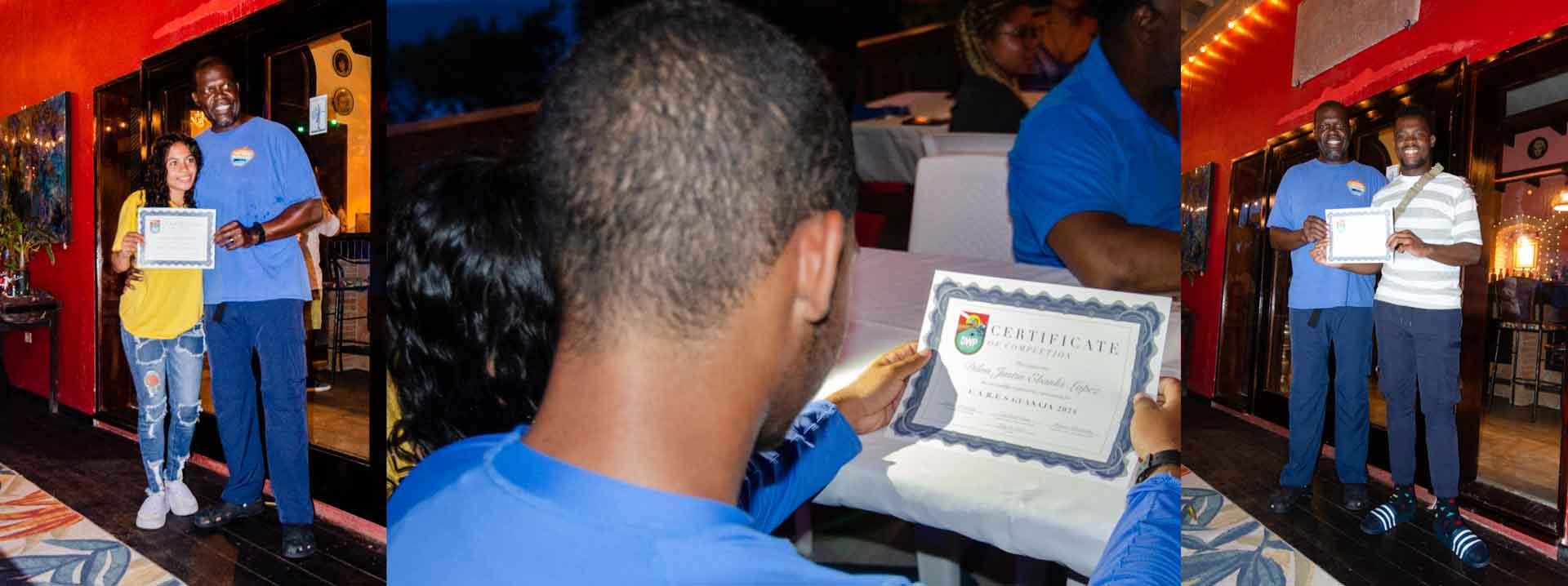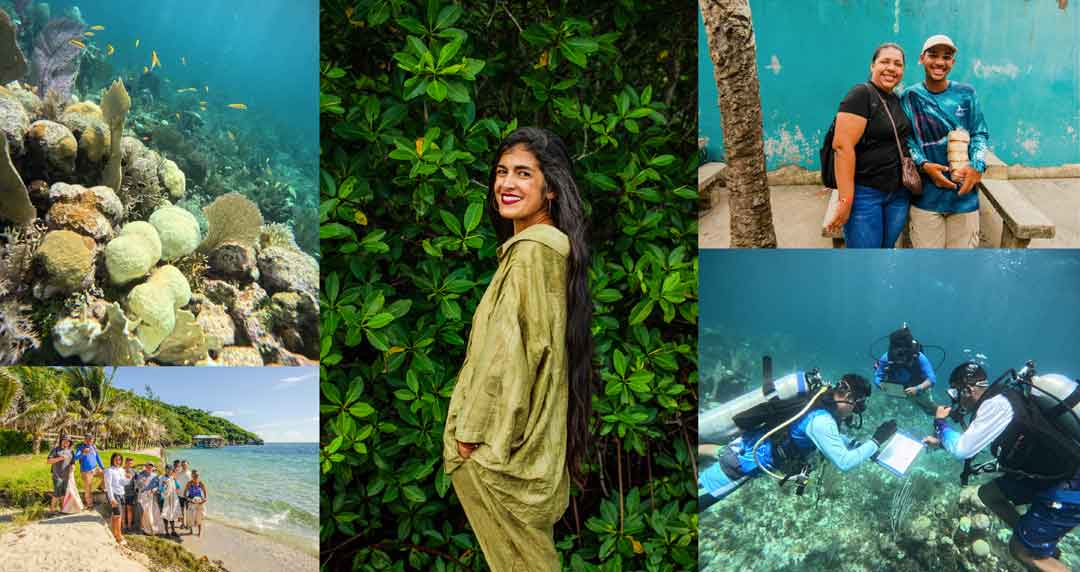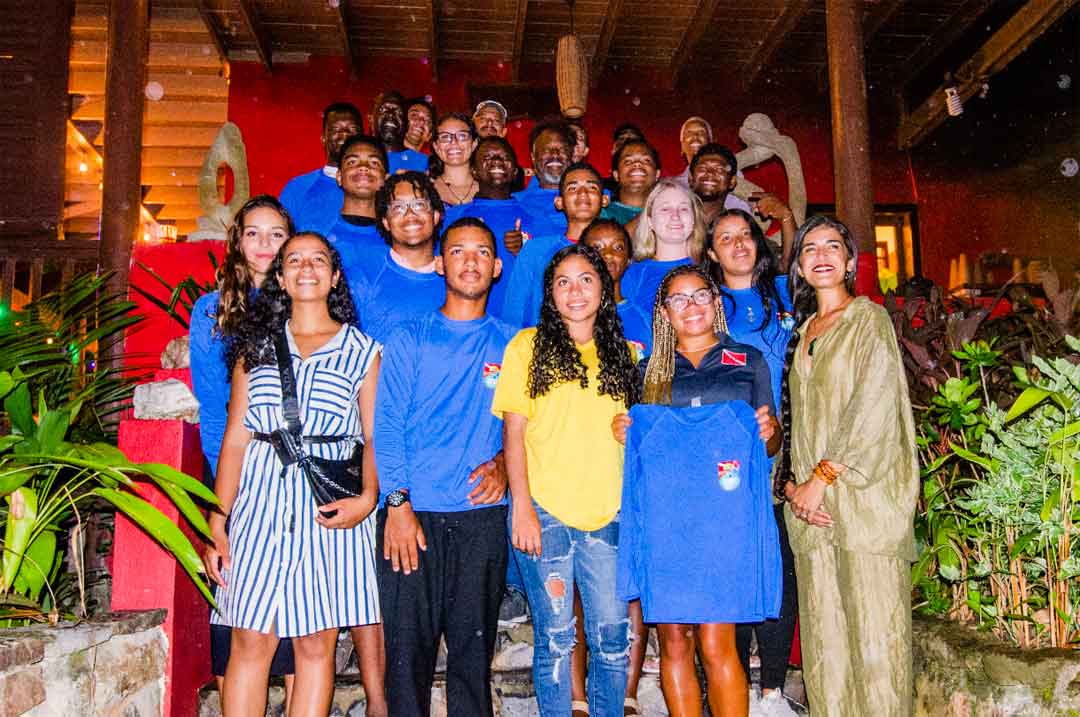While working as the lead instructor for the Youth Diving With a Purpose (YDWP) program, which focuses on documenting shipwrecks, Kramer realized they were only addressing part of DWP’s mission: “preserving our heritage.” The “restoring our oceans” aspect was missing. Though YDWP did work with the Coral Restoration Foundation (CRF), this was limited and costly, as volunteers had to pay to participate. This sparked the idea for CARES, where he envisioned a more hands-on and sustainable approach to ocean restoration.
Kramer’s experience with the Reef Check program also played a key role. Although Reef Check monitors the overall health of reefs, Kramer noticed that it didn’t focus on hard coral structures, which are essential for sheltering marine life and protecting coastlines. He felt that this oversight was critical, as hard corals are foundational to reef ecosystems. Thus, CARES filled this gap by incorporating hard coral surveys alongside debris removal and coral replanting efforts.
The core objectives of CARES are threefold: educating participants—especially youth—about the importance of coral reefs, training them to monitor reef health, and
engaging in direct restoration efforts. This initiative brings the DWP mission full circle, balancing heritage preservation with active ocean restoration.

